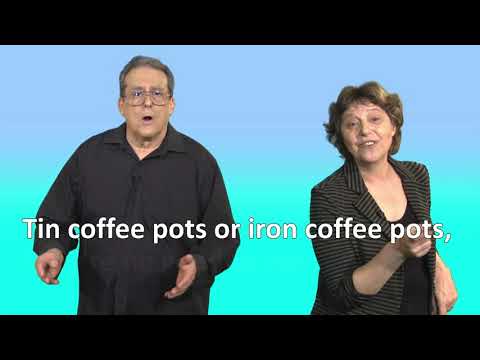
yeah it's definitely helpful for a lot of stuff
however I was looking for electric toothbrushes and all the comments are
"oral b good, sonicare bad"
"no sonicare bad, oral b good"
so Idk. Also it's purposely unclear what the difference between them are at the different price levels, so even more idk






this is gonna be horse_ebooks all over again isn't it